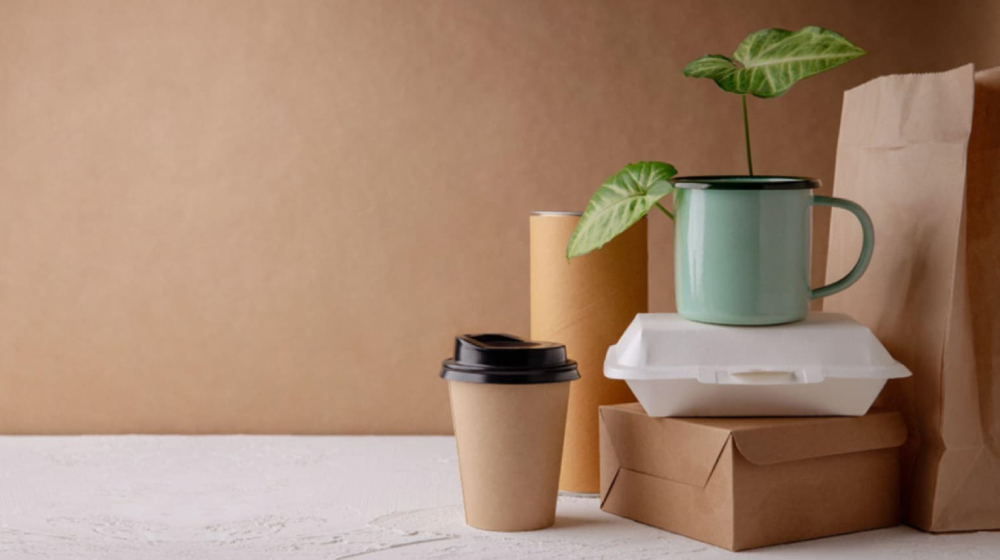Sustainability is at the top of everyone’s minds, especially consumers. Because of this interest, food manufacturers, suppliers, and retailers must consistently work toward adopting sustainable practices to keep pace with shifting consumer expectations.
Though much of the conversation about sustainable food centers around consumables, packaging must also be a part of these discussions. Why? Because food and packaging scraps account for nearly half (45%) of all waste in landfills.
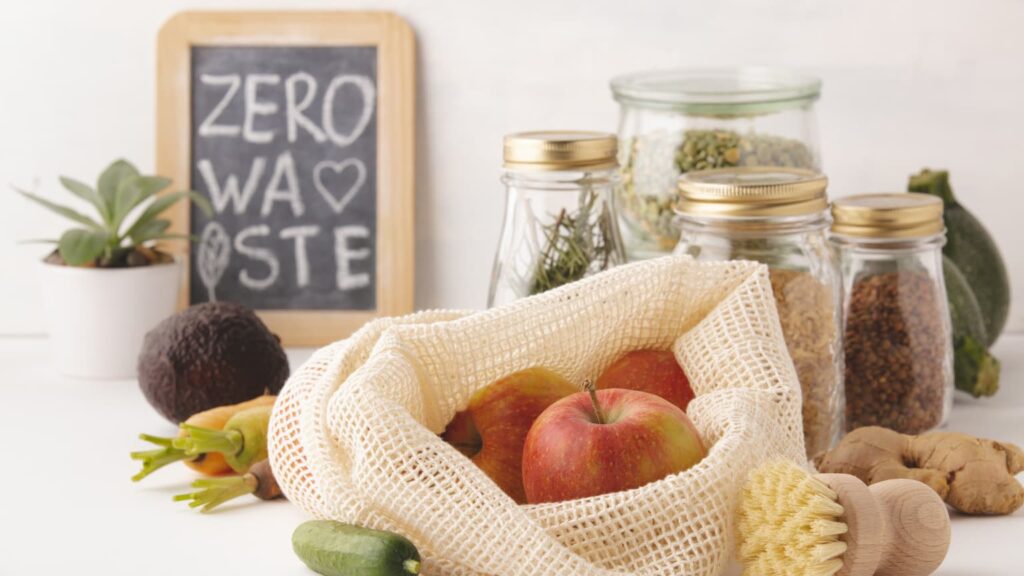
Although we are still a long way away from a zero-waste society in terms of food packaging, several emerging technologies are poised to speed up the adoption of sustainable packaging practices. In particular, blockchain platforms are the solution manufacturers have been looking for to make the leap to sustainable packaging.
Consumers Are Clamoring for a Sustainable Food Future

Before we shift our focus to the connection between a blockchain platform and sustainable food packaging, let’s first look closer at consumers’ current sentiments about sustainability in general.
In a 2020 consumer sentiment survey, researchers discovered that 78% of consumers view a sustainable lifestyle as “important.” Perhaps more significantly, researchers have also found that products that make environmental, social, or governance (ESG) claims have achieved faster growth than counterparts that have ignored these principles.
In other words, not only do consumers care about sustainability, but they are backing up their beliefs with changes to their spending habits. Businesses can capitalize on that shift and ensure they align with consumer preferences by prioritizing sustainability.
How Packaging Fits into the Sustainable Food Equation
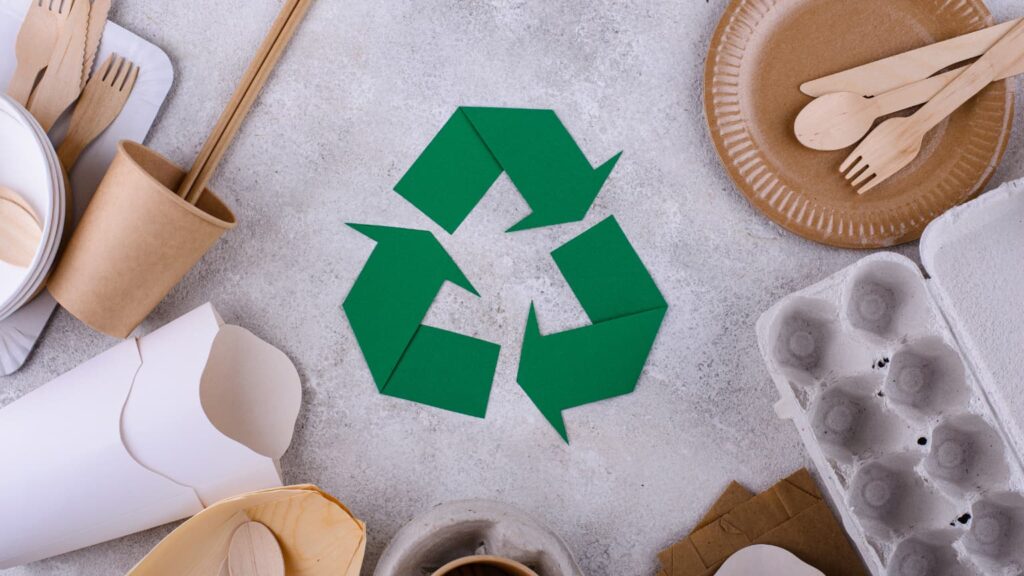
Consumers want to purchase foods that are grown or raised using ethical processes, but recent research also suggests that consumers are equally concerned about how these products are packaged. In particular, 73% of consumers want to change their purchasing habits to reduce their environmental impact, and 67% “find it important” that the products they purchase are packaged in recyclable materials.
Adopting sustainable food production processes and then wrapping those goods in traditional plastic packaging decreases a manufacturer’s return and may inadvertently alienate their target audience. Conversely, going all in on sustainable food can enable manufacturers, producers, and suppliers to forge strong connections with environmentally conscious individuals, which now appear to make up the majority of consumers.
According to a 2022 report, 86% of consumers advise that they are “more likely” to purchase a product from a retailer if the packaging is classified as “sustainable.” Additionally, 77% of consumers expect more brands to offer wholly sustainable packaging. These statistics make it clear that addressing the sustainability of packaging is as essential as addressing the sustainability of the goods themselves in the food industry.
Supporting Sustainable Food Initiatives with Blockchain Platforms
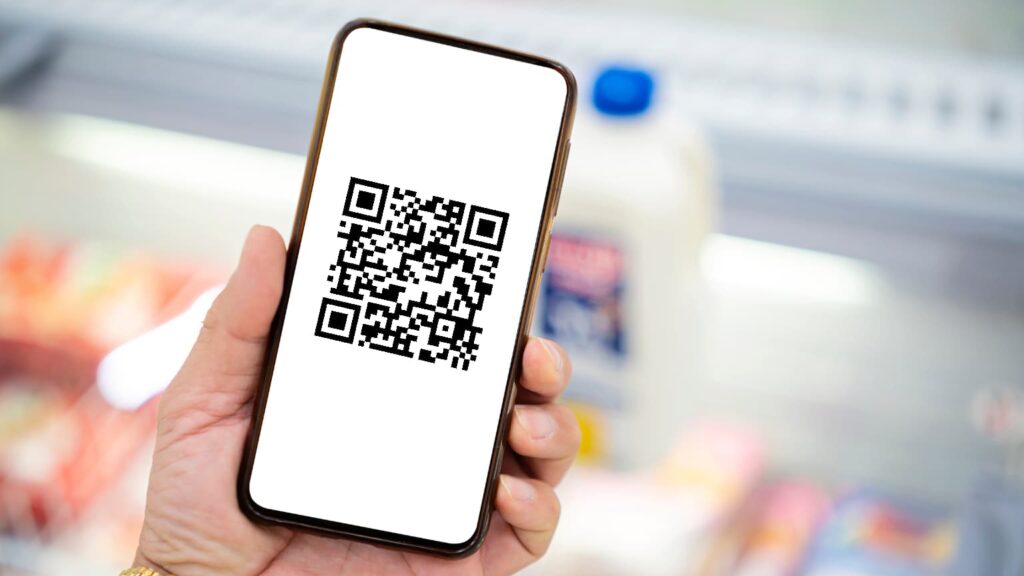
The food supply chain is notoriously complex, which is why food fraud remains a rampant problem for food manufacturers, distributors, retailers, and consumers worldwide.
Fortunately, the rise of blockchain platforms has created a new optimism that the food fraud endemic may finally be nearing its end. Blockchain platforms are not just playing a role in stifling food fraud, though; they will also be critical to promoting the use of sustainable food packaging.
At the heart of the sustainable packaging movement is a burning question regarding how we can know which organizations are actually using sustainable packaging. While most organizational leaders in the industry are more than willing to embrace sustainable food packaging practices, they also want a means of demonstrating their commitment.
By leveraging a blockchain platform, manufacturers, packagers, and suppliers can create an immutable record detailing their efforts, proving that they are actually reducing their environmental impact by using sustainable packaging and practices.
More importantly, manufacturers and suppliers can use a blockchain platform to bring consumers and retailers into the loop through the use of scannable QR codes. When an end-consumer scans a code, they can learn more about the product and its packaging’s journey to the point of purchase.
Looking to the Future
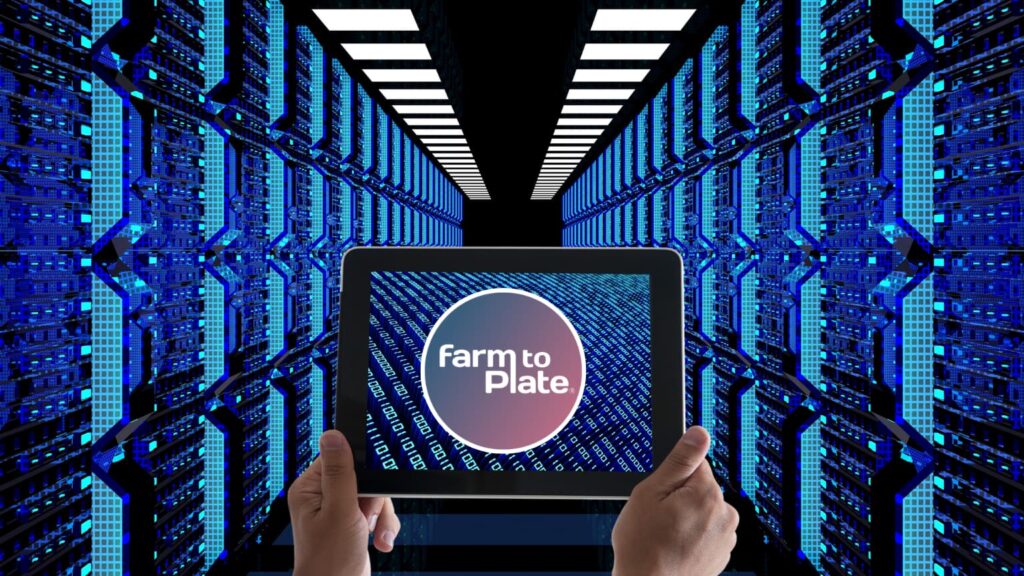
Going forward, blockchain technologies will support the sustainable food packaging movement in two key ways:
First and foremost, blockchain platforms will enable manufacturers to drive consumer engagement and demonstrate the brand’s efforts to promote sustainability.
Additionally, farmers, food industry professionals, and retailers can use these platforms to create an enforceable set of standards that manufacturers must meet in order to tout their packages as sustainable.
To learn more about how using a blockchain platform can fuel your organization’s sustainability efforts and help you differentiate yourself from less forward-thinking competitors, connect with Farm to Plate. Our visionary team is passionate about promoting food sustainability by strategically applying blockchain platforms and technologies.
Pramod Sajja, CEO & President at Paramount Software Solutions (farmtoplate.io).
